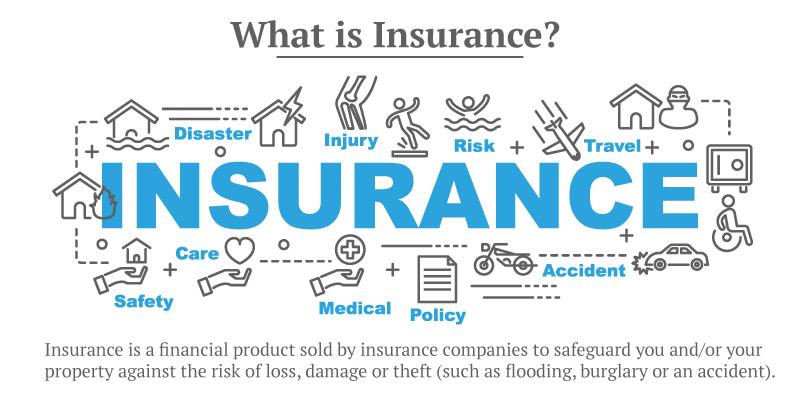When you close on your mortgage, you’ll pay several costs, including the remainder of your down payment, outstanding closing costs and the first installments of your recurring expenses like property taxes. All of these costs comprise your “cash to close.”
Cash to close: What’s included?
Cash to close is the total amount of funds needed to close your mortgage, including closing costs, a term sometimes used interchangeably with cash to close, but actually means something different. Your cash to close includes:
- Remaining down payment – When you signed the purchase agreement for your home, you likely made an earnest money or initial deposit. This ultimately goes toward your full down payment, the remainder of which you’ll pay at closing. Let’s say you’re making a 10 percent down payment on a $350,000 home, or $35,000. If the sales contract required 3 percent in earnest money, you’d pay $10,500 of that $35,000 as a deposit. At closing, you’ll pay the remaining $24,500.
- Closing costs – The closing costs generally include the mortgage lender’s origination fee, the appraisal fee, a credit check fee, a home inspection fee, recording fee and title services fees. You might have paid some of these costs prior to the closing; if so, you’ll be responsible for the outstanding charges on closing day.
- Per diem mortgage interest – Per diem interest is the amount of interest you owe between the time you close your mortgage and the day you begin making payments on it, typically the first of the month. For example, if your closing is July 20, you’ll pay prorated interest for the 11 days prior to when your monthly payments start.
- Prepaids – Prepaid charges cover a portion of your homeowners insurance, property taxes and any HOA dues. They’re usually held in escrow by your lender or servicer.
Cash to close vs. closing costs
Think of closing costs as just one of three components of cash to close. Closing costs pertain to both the mortgage (for example, the origination fee) and the property (for instance, the home inspection fee). The second component of cash to close is the remaining portion of your down payment. The third is the prepaid expenses.
“Cash to close is a much bigger number than just the down payment or closing costs,” says Jeff Lazerson, president of Mortgage Grader, based in Laguna Niguel, California.
How to calculate cash to close
At least three business days prior to your closing date, your mortgage lender will provide you with a closing disclosure. This document itemizes all of the funds you’ll need to pay at closing, totaled up under “Cash to Close” at the bottom of the first page.
Before you get the closing disclosure, however, you can calculate your estimated cash to close based on the deposit you already made and the other costs outlined on your loan estimate, the document you received when you applied for the mortgage.
While the loan estimate isn’t a final tally of cash needed to close, it can help you prepare for what you’ll need to pay. You can also ask your real estate attorney or settlement agent to give you estimates.
“As soon as possible, you should find a settlement agent to find an estimated closing statement,” says Lazerson.
How to pay cash to close
Cash to close is paid via wire transfer or a cashier’s or certified check from your bank. With a wire transfer, take the extra step to confirm the wiring instructions with your attorney or settlement agent over the phone before sending the funds. This’ll help avoid mortgage wire fraud, which is often initiated through a legitimate-looking email.
“Once the money is diverted, it’s very difficult to get it back,” says Jennifer Davidson, branch manager and senior escrow officer at Prosper Escrow in Long Beach, California. “You may need to get your bank’s fraud department or even the FBI involved.”
Bottom line
Cash to close is the total sum you’ll need to pay when you close on your mortgage. It includes three key components: your remaining down payment, closing costs and prepaids, which includes per diem or prorated mortgage interest.





